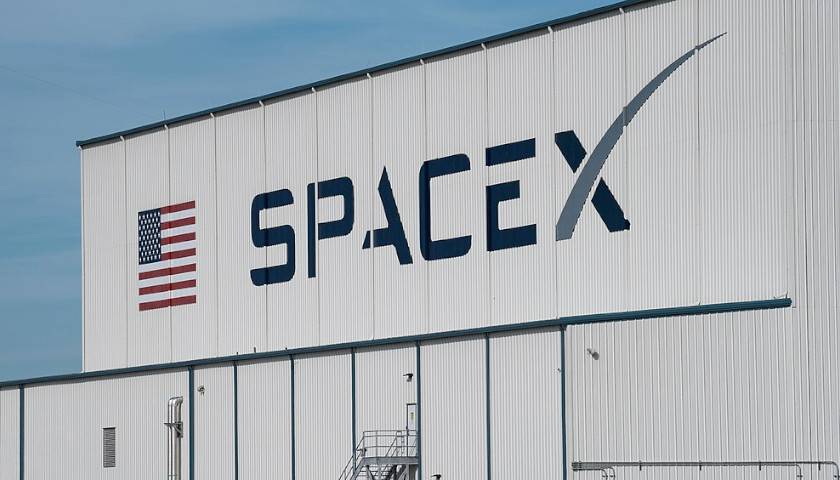by Micaela Burrow
Elon Musk’s SpaceX has forged a close relationship with the U.S. military and intelligence community and plans to expand contracts with the government, including a secretive project known as Starshield, The Wall Street Journal reported.
SpaceX has rocketed past the U.S. military and other commercial firms to become a leading entity in the space launch competition, and its success has attracted the attention of major U.S. military and intelligence agencies, according to the outlet. Starshield, just one example of the deepening ties between the commercial and government space, supplies government clients with satellites capable of secure communications and data collection with different kinds of observation units, the WSJ reported, citing a website made public in 2022.
The Starshield unit is geared toward government clients and avoids advertising publicly its existence, according to the WSJ. It received a $70 million Pentagon contract in August to provide communications services.
 Starshield’s leadership team includes Terrence O’Shaughnessy, an Air Force general who retired in 2020, people familiar with the matter told the WSJ. A biography posted on a trade website described him as “Senior Advisor to Elon Musk on matters regarding SpaceX” and vice president of the Special Programs Group.
Starshield’s leadership team includes Terrence O’Shaughnessy, an Air Force general who retired in 2020, people familiar with the matter told the WSJ. A biography posted on a trade website described him as “Senior Advisor to Elon Musk on matters regarding SpaceX” and vice president of the Special Programs Group.
“When I’m never sure what I can say in a public forum, I tend to zip it. But I can say that there is very good collaboration between the intelligence community and SpaceX,” Gwynne Shotwell, SpaceX’s president and COO, said at an event in May 2023, the WSJ reported.
Shotwell has played a key role in developing connections between SpaceX and national security agencies within the U.S. government, the WSJ reported, citing people familiar with the efforts.
SpaceX entered a classified $1.8 billion contract with an undisclosed U.S. agency in 2021, the WSJ reported, citing company documents viewed by the outlet that suggested that money earned off the contract would form an important revenue stream for Musk’s firm in coming years.
Another example, even more secretive, is a contract with the National Reconnaissance Office, an intelligence agency tasked with collecting and analyzing satellite data for customers across the federal government, the WSJ reported, citing people familiar. It was unclear exactly which SpaceX technology the NRO was utilizing.
“We are deepening our relationships with other government agencies, the private sector, academia and other nations,” an NRO spokesperson told the WSJ.
Satellites serve U.S. national security needs with missions that include tracking missile launches, providing protected communication links and painting a picture with cameras or sensors of events happening on the ground, according to the WSJ.
Meanwhile, the Pentagon is shifting how it conceives of satellite capabilities. Using companies like SpaceX and Starlink — Musk’s effort to provide broadband internet service anywhere in the world by deploying thousands of small, expendable and inexpensive satellites — as examples, the Pentagon wants to steer away from previous trends of sending up satellites that are few, expensive and highly complex in favor of more distributed constellations.
SpaceX did not immediately respond to the Daily Caller News Foundation’s request for comment.
– – –
Micaela Burrow is a reporter at Daily Caller News Foundation.
Photo “SpaceX Building” by Daniel Oberhaus. CC BY-SA 4.0.





